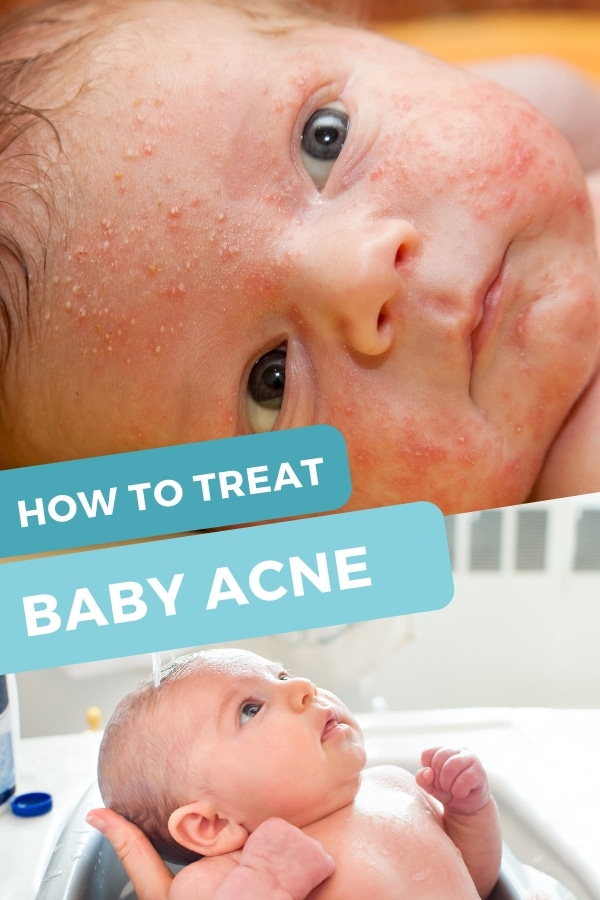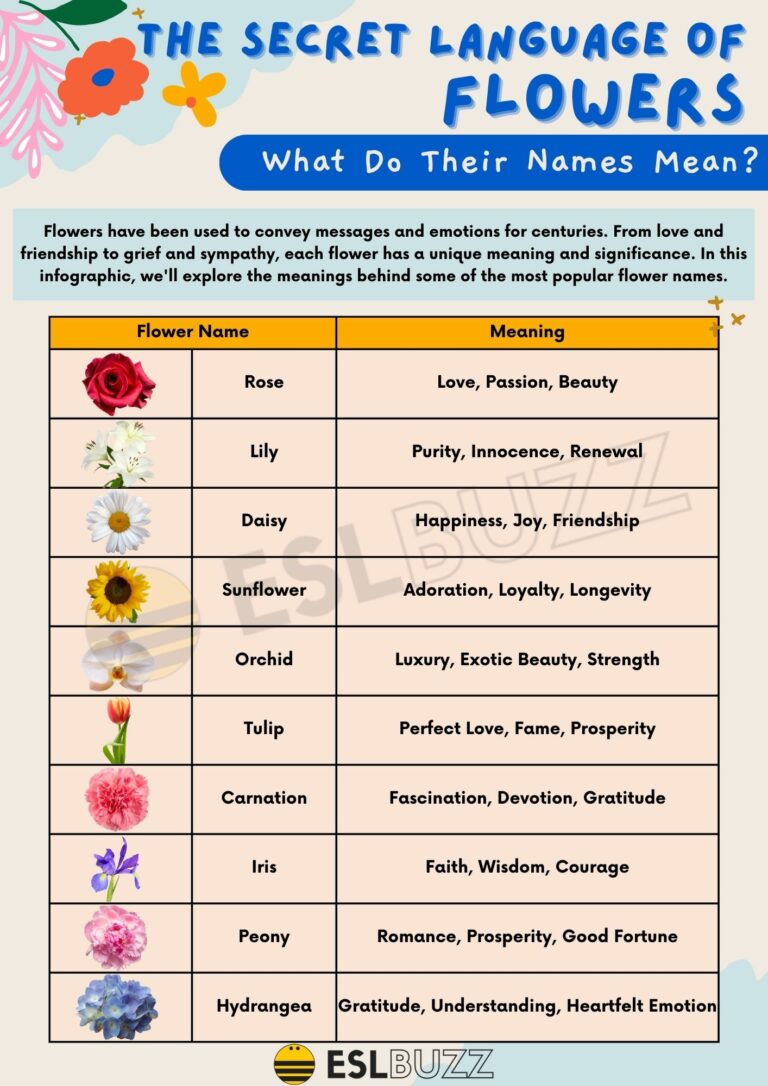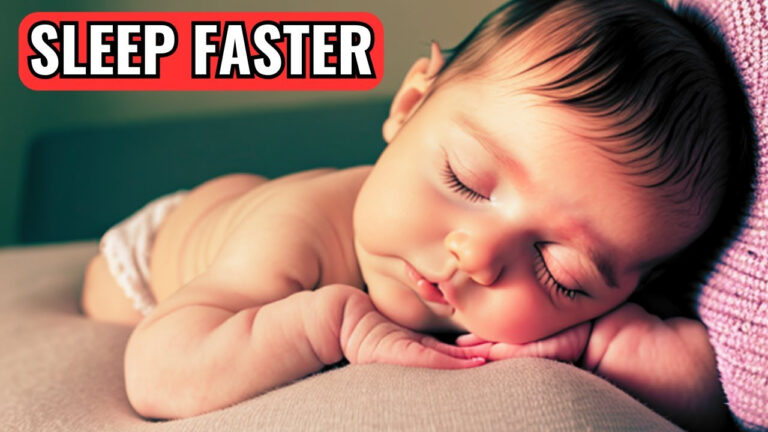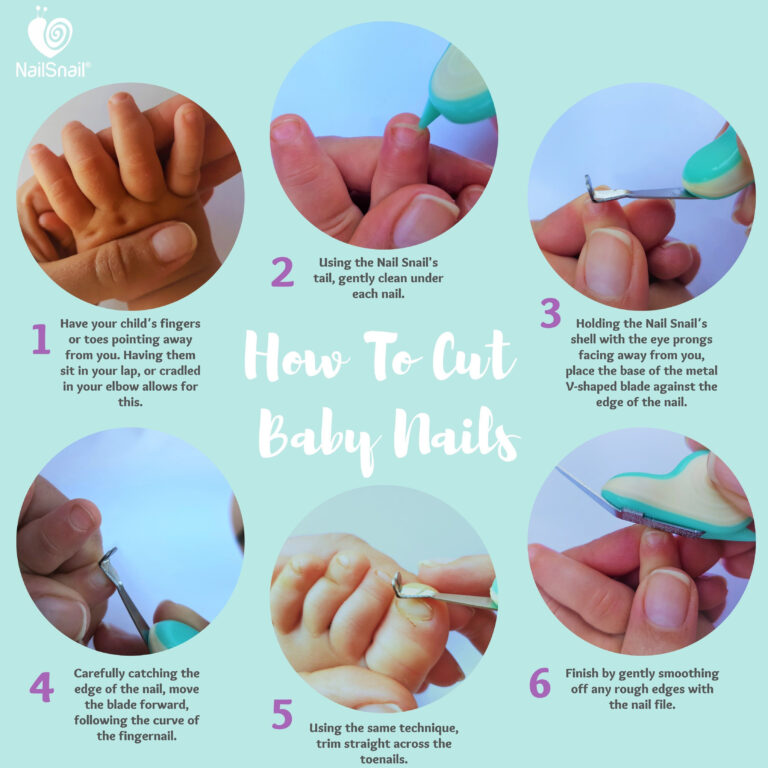What To Do For Baby Acne: A Comprehensive Guide
Are you a parent of a newborn struggling with baby acne? Don’t worry, you’re not alone. Baby acne is a common skin condition that affects many infants in their first few months of life. While it may be distressing to see your little one’s delicate skin covered in tiny red bumps, rest assured that baby acne is usually harmless and will clear up on its own. In this article, we will explore what causes baby acne and provide you with some tips on how to manage and treat it effectively.
Knowledge
First and foremost, it’s important to understand that baby acne is different from adult acne. Baby acne, also known as neonatal acne, typically appears on the cheeks, nose, and forehead of newborns. It is characterized by small red or white bumps that may resemble pimples or a rash. Baby acne is caused by an overstimulation of the baby’s oil glands due to the mother’s hormones still circulating in the baby’s body after birth.
While baby acne is not preventable, there are a few things you can do to help manage and alleviate the symptoms. Firstly, it’s crucial to keep your baby’s face clean by gently washing it with warm water and a mild baby soap. Avoid using harsh chemicals or scrubbing too vigorously, as this can irritate the skin further. Pat your baby’s face dry with a soft towel and avoid rubbing or scrubbing the affected areas.
Another important tip is to avoid using oily lotions or creams on your baby’s face, as these can clog the pores and worsen the acne. Stick to gentle, non-comedogenic products specifically formulated for baby’s delicate skin. If the baby acne persists or seems to be getting worse, consult your pediatrician for further advice and possible treatment options.
Conclusion
In conclusion, baby acne is a common and temporary skin condition that affects many newborns. While it may be unsightly, baby acne is usually harmless and will resolve on its own over time. By keeping your baby’s face clean and avoiding harsh products, you can help manage and alleviate the symptoms of baby acne. Remember to consult your pediatrician if you have any concerns or if the baby acne persists.
Overall, the target audience for this article is parents of newborns who are dealing with baby acne and looking for information and tips on how to manage and treat it effectively. By providing detailed knowledge and practical advice, this article aims to help parents navigate the challenges of baby acne and ensure the well-being of their little ones.
Ultimately, understanding what to do for baby acne is essential for parents to feel confident and informed in caring for their newborns. While baby acne may be a common and temporary skin condition, knowing how to manage and treat it can make a world of difference in ensuring your baby’s comfort and well-being. So, stay informed, stay proactive, and remember that baby acne is just a passing phase in your little one’s journey to healthy skin.






